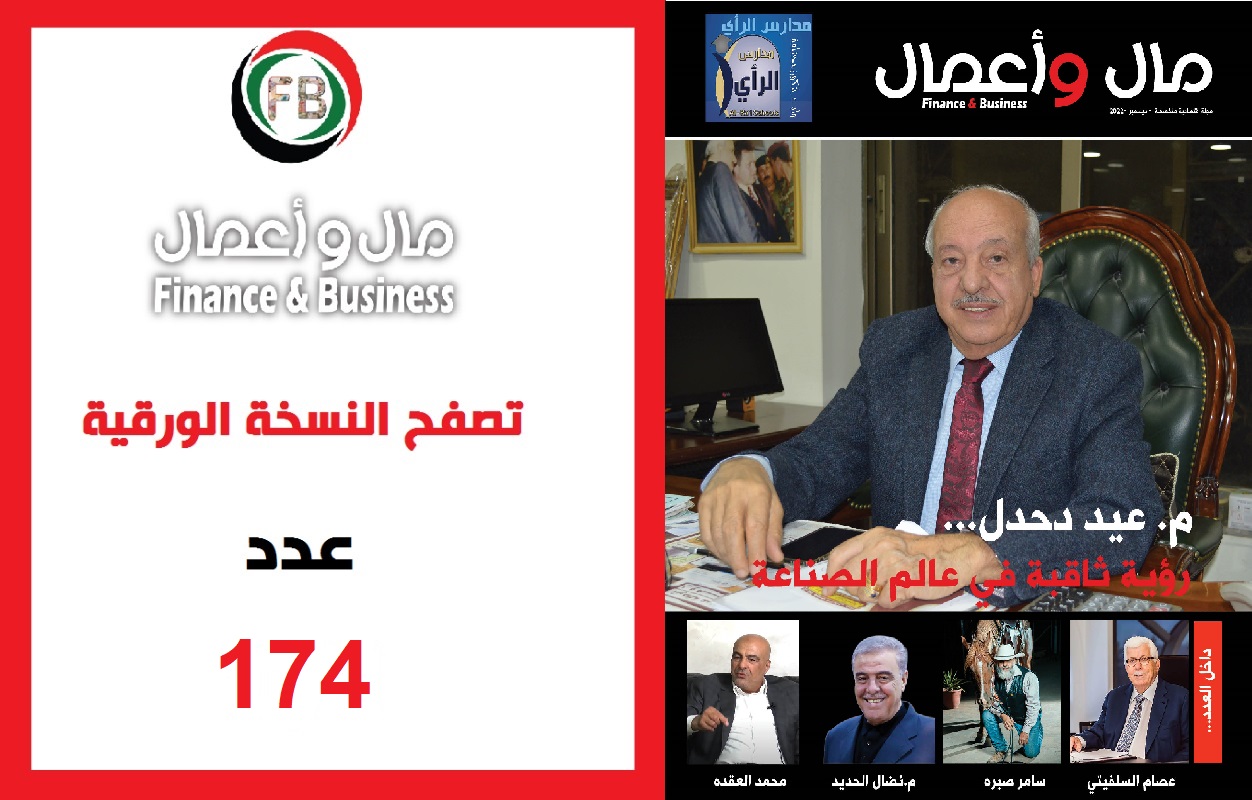
Dubai recorded a non-oil foreign trade of AED 676 billion in the first half of 2019, an increase of 5% year-on-year from AED 644 billion in the corresponding half last year. The first-half figures, which represent a staggering growth of 87% from 2009, reflect the ability of the emirate’s trade sector to raise its strength and competitiveness despite a challenging global trade environment.
Exports registered the highest rise at 17% to reach AED 76 billion while re-exports were up 3% at AED 210 billion and imports grew 4% at AED 390 billion.
Dubai’s non-oil foreign trade volumes surged 31% year-on-year in the first half of 2019. Data released by Dubai Customs showed that the total volume of the emirate’s foreign trade reached 56 million tonnes; a record jump from 43 million tonnes registered in H1 last year. Exports rose by 46% to 10 million tonnes, re-exports were up 39% to 9 million tonnes and imports increased 26% to reach 38 million tonnes.
Commenting on the non-oil foreign trade growth, His Highness Sheikh Hamdan bin Mohammed bin Rashid Al Maktoum, Crown Prince of Dubai and Chairman of The Executive Council of Dubai said: “The strong performance of Dubai’s foreign trade reflects the robust fundamentals of our economy and our ability to generate fresh growth opportunities even in an adverse global environment. Dubai’s ability to maintain high levels of trade growth is a tribute to the vision and planning of its leaders who sought to drive economic diversification at an early stage and create a hard and soft infrastructure that empowers growth. Dubai has constantly worked to introduce innovative policies and services that facilitate global trade through Dubai, in the process, transforming itself into one of the world’s foremost trading hubs. Dubai’s flexibility, ability to adapt to change and its responsiveness to the needs of businesses and investors have made it a model for sustainable growth.”
“The diversified profile of Dubai’s foreign trade reflects not only its strengths in traditional sectors but also its emergence as a hub and major market for technological innovation. The latest results also point to Dubai’s rapidly growing trading links with the world’s fastest growing economies. As the Dubai Silk Road project begins to take shape, the outlook for the emirate’s foreign trade is set to get even better,” His Highness added.
The emirate’s foreign trade out of free zones was the biggest contributor to the increase in total trade in H1 2019 accounting for AED 287 billion (+12% YoY). Direct trade continued to be the largest contributor to total trade at AED 386 billion (+1% YoY). Customs warehouses trade accounted for AED 4 billion.
All transfer modes witnessed increases in value in H1 2019. Air and sea trade accounted for 83% of total trade. Trade by land saw the highest increase at AED 114 billion (+8% YoY), while air accounted for AED 311 billion (+3% YoY), and sea trade recorded AED 252 billion (+6% YoY).
Sultan bin Sulayem, DP World Group Chairman & CEO and Chairman of Ports, Customs and Free Zone Corporation (PCFC) said: “Undoubtedly these are challenging times with the global trade war and regional geopolitical tensions causing uncertainty and despite this backdrop, Dubai has delivered non-oil trade growth of 5% in the H1 2019 to AED 676 billion. With the continued upward trend of the foreign trade sector, we have reasons to be positive about the future of our national economy.
“The strong growth delivered by non-oil foreign trade is a healthy sign of how resilient and appealing the Dubai economy is, which further reinforces Dubai’s profile as a key regional and international trading hub.”
Bin Sulayem further pointed out that the PCFC and Dubai Customs are constantly innovating and developing customs processes with the use of smart, automated technology-based systems to enable traders to do business more efficiently while saving them time and cost, which will boost growth further and add more value to trading across Dubai.
Asia Biggest Trade Partner, Trade with India Up 20%
While China remained the largest trading partner, there was a 20% growth year-on-year in trade with India. The top three trading countries by value remained the same as H1 2018 with the biggest trading partners being China, followed by India and the USA. These contributed AED 71 billion (+4% YoY), AED 67 billion (+20% YoY) and AED 39 billion (-1% YoY) respectively to the total value traded in H1 2019.
Saudi Arabia maintained its position as Dubai’s largest Arab and GCC trade partner and fourth globally with AED 27.7 billion. Switzerland came fifth at AED 26.5 billion worth of trade.
Trade in Precious Metals and Stones Up 3%
The total value of gold, diamonds and jewellery traded through Dubai in H1 2019 totalled AED 180 billion, an increase of 3% YoY. The telecom market (AED 79 billion) was the second highest contributor and trade in petroleum oils more than doubled from last year at AED 48 billion. Motors accounted for AED 33 billion.
المصدر : https://wp.me/p70vFa-y5E




















